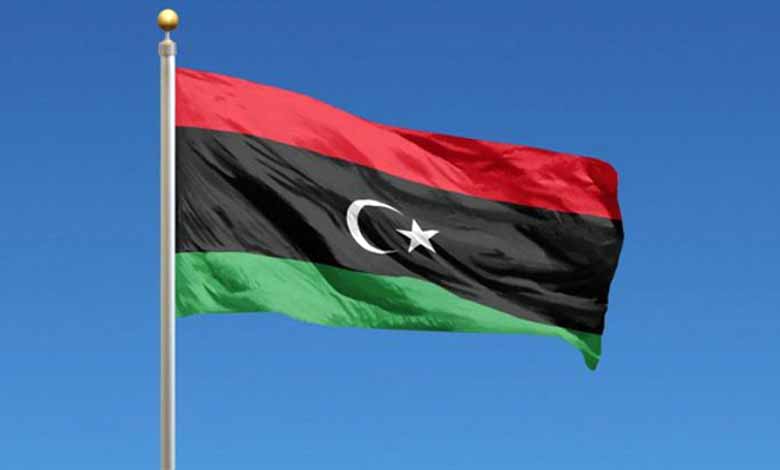Libya: A new attempt by the Muslim Brotherhood to disrupt the presidential elections

A body controlled by the Muslim Brotherhood in Libya announced Wednesday night, its rejection of holding the presidential elections scheduled for December 24th, despite all domestic and international efforts to push for this long-awaited election.
The Muslim Brotherhood’s Grand Mufti, Sadiq Al-Ghariani, had incited against the Libyan elections from Turkey and called for confronting them by force.
Omar Bouchah, Libya’s vice-president of the State Council, said holding the Libyan presidential election on schedule later this month “will undermine the entire political process” during a press conference.
Bouchah, spoke about the absence of any constitutional or legal controls to administer the elections, as well as the tension and distrust between the parties and foreign interference.
He stated that the Council is presenting what he described as an “initiative” based on postponing the presidential elections and making them synchronized with the parliamentary elections in February 2022.
The initiative aims to “break this impasse and avoid slipping into the unknown”, he said, and is based on holding presidential elections based on a list system that includes candidates for the posts of president, vice presidents and prime minister.
The Muslim Brotherhood controls the State Council in Libya, and is headed by Khaled al-Michri, who is a prominent member of the Muslim Brotherhood.
The assembly, which was not elected by the Libyan people, was an instrument of the Brotherhood against the House of Representatives, the only elected body in Libya.
Al-Michri and other members of the State Council have previously rejected holding presidential elections on time.
Analysts say that the Brotherhood rejects the direct election of the president by the people, and seeks his election through the next parliament to control his decision.
They argue that electing a president makes it difficult for the Brotherhood to use manipulation and bribery tactics, as in the case of a parliament that can subject a number of its members to bargaining.
In recent days, there have been increasing signs that the Brotherhood and affiliated militias are refusing to hold elections. They stormed the headquarters of the Elections Commission in the capital, Tripoli, and organized protests against holding the presidential elections.












